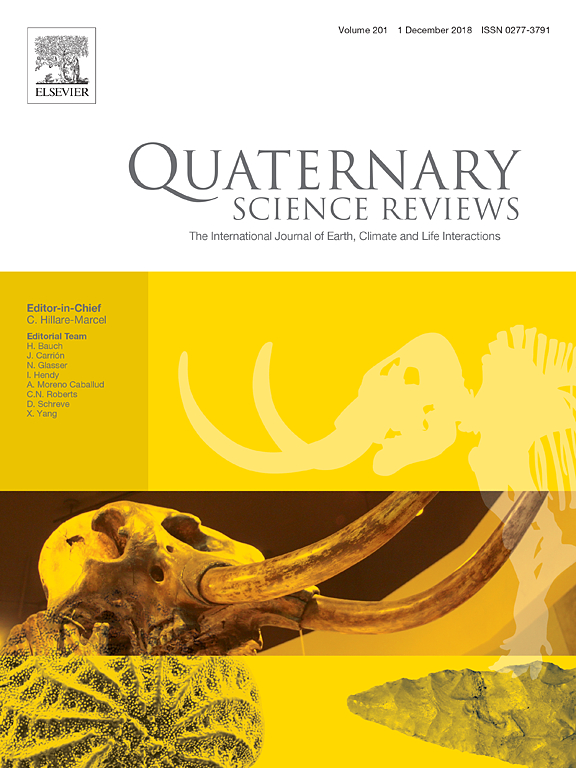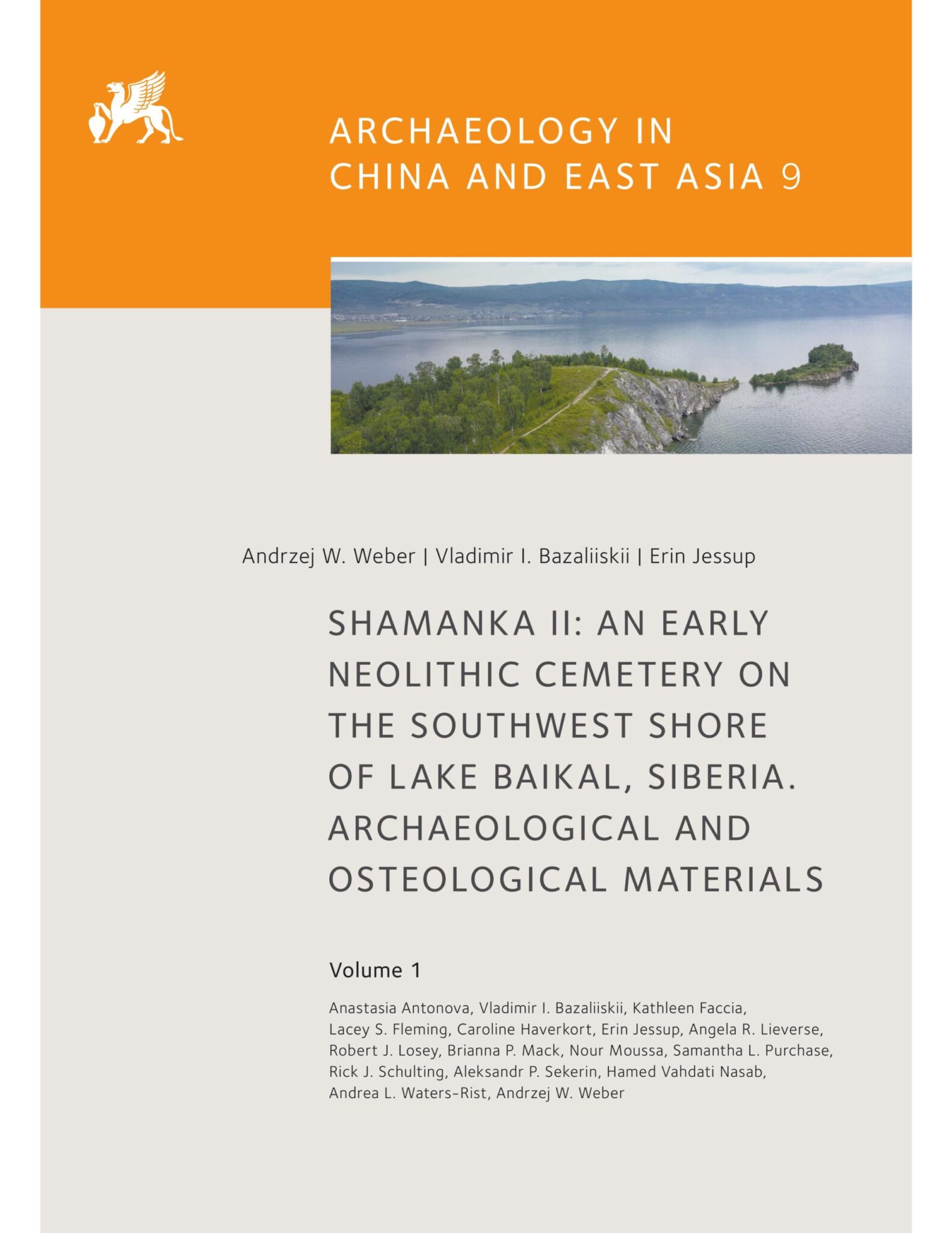Publications
Mortuary Variation at the Early Neolithic Hunter-Gatherer Cemetery Shamanka II on Lake Baikal
In this version of the monograph on the Shamanka II cemetery the focus is on chronology, dietary patterns, and variation in Kitoi mortuary practices. Chapter 1 gives background archaeological information relevant to the analytical chapters, reviews the history of fieldwork at Shamanka II, and presents excavation methods. Chapter 2 explores cemetery chronology, its history of use, and dietary patterns based on extensive radiocarbon and stable isotope data. Chapter 3 presents the approach to the examination of variation in [...]
A 350 14C yr discrepancy between bone and tooth dates from the same grave at the Early Neolithic cemetery of Shamanka II, Lake Baikal, southern Siberia: reservoir effects or a misplaced mandible?
A 350 14C yr discrepancy was found between dates on postcranial remains and mandibular teeth on what was thought to be the same individual from the Early Neolithic cemetery of Shamanka II, Lake Baikal. Stable nitrogen isotope results suggested a major shift in diet between childhood (when the teeth formed) and adulthood (represented by the postcrania), which could have resulted in different 14C ages through a freshwater reservoir effect. Subsequent additional dating on the mandible and postcranial elements, however, indicated [...]
Reading between the lines: A study of Harris lines in Middle Holocene foragers of the Cis-Baikal
Harris lines (HLs) are radiographically visible transverse lines of thickened bone that develop from temporary growth cessation during early life. Often attributed to physiological stress during development, HLs are frequently observed in the long bones of adolescents and become less visible over time due to bone remodeling. In recent years, the validity of HL as a sign of stress has been called into question and the methods used in studying HL through X-ray analysis scrutinized. In this study, [...]
Vegetation and fire history of the Lake Baikal Region since 32 ka BP reconstructed through microcharcoal and pollen analysis of lake sediment from Cis- and Trans-Baikal
With the increase in global wildfire activity in response to global climate warming, the reconstruction of long-term fire histories and their links to environmental and anthropogenic factors has recently become an important focus of palaeoenvironmental research. Here we compare the precisely radiocarbon (14C) dated long-term histories of vegetation change and fire activity from lakes Ochaul (Cis-Baikal) and Kotokel (Trans-Baikal) in the Lake Baikal Region (LBR) of Siberia, a known source region of wildfires whose past and future relationships [...]
Shamanka II: An Early Neolithic cemetery on the southwest shore of Lake Baikal, Siberia. Archaeological and Osteological Materials
Archaeology in China and East Asia Volume 9 This three-volume book presents the long-awaited comprehensive archaeological, chronological, and bioarchaeological studies of Shamanka II site, the largest completely excavated cemetery of the Early Neolithic Kitoi culture dated to ca. 7,560–6,660 years cal BP. It is a monument to some thirty years of research by the Baikal Archaeology Project (BAP). This multidisciplinary international project provides insights into the individual life histories of Holocene hunter-gatherers in Northern Eurasia during times of [...]
Postglacial vegetation and climate change in the Lake Onega region of eastern Fennoscandia derived from a radiocarbon-dated pollen record
With its numerous environmental archives stored in lake and peat sediments and relatively low human pressure, the Lake Onega region in eastern Fennoscandia is regarded as a particularly promising area for studying past changes in vegetation and climate since the Lateglacial period. The 885-cm-long sediment core RZ19 (62◦27′53″N, 34◦26′4″E) was collected from Razlomnoe Peat on the northern shore of Lake Onega in 2019, radiocarbon-dated and analysed for pollen and cryptogam spores. The age-depth model suggests continuous sedimentation since [...]






